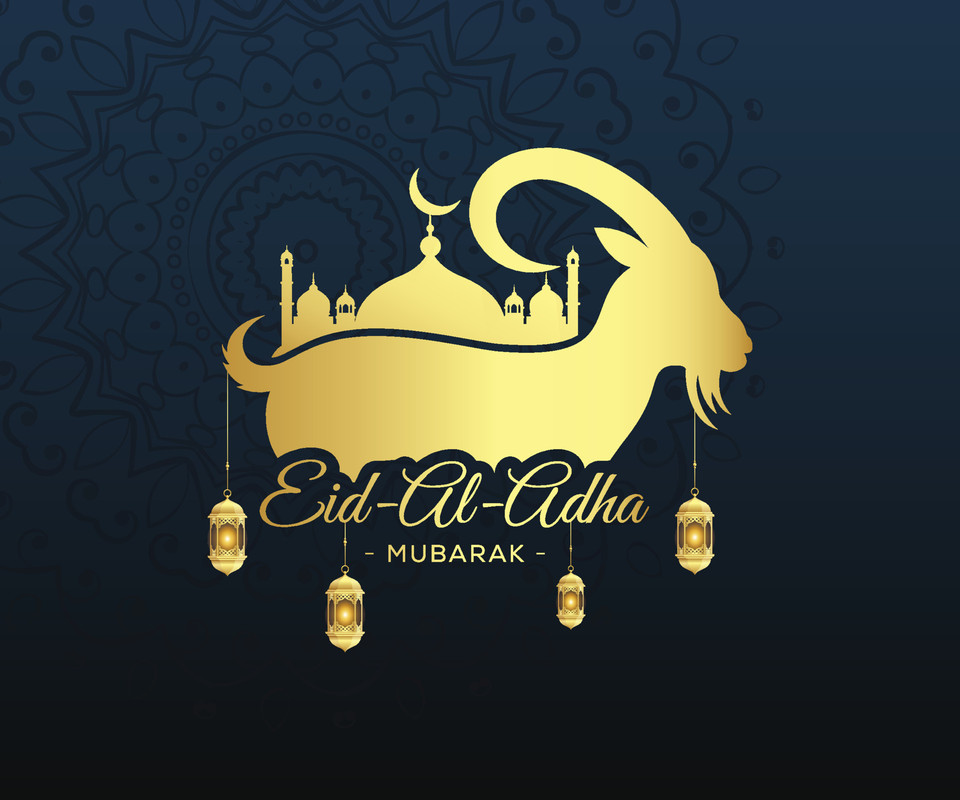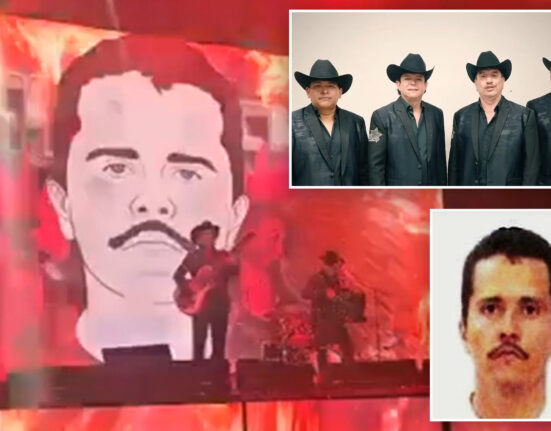Eid el-Kabir or Eid el-Adha, as it is known in Nigeria, holds a special place in the hearts of Muslims around the world. Despite economic challenges, Nigerians eagerly prepare for this significant cultural and religious festival each year.
The days leading up to Eid el-Kabir are marked by a tangible sense of anticipation in Nigeria. Cities and towns buzz with activity as people flock to urban centers, causing traffic jams and a lively atmosphere that signals the arrival of the festival. In Yoruba culture, this festive time is affectionately referred to as Ileya, meaning “It’s time to go home.
”
At the core of Eid el-Adha lies a profound story of sacrifice and obedience. It traces back to Prophet Ibrahim who, following divine instruction in a dream, prepared to sacrifice his beloved son Ismail as an act of faith. However, before he could carry out the sacrifice, Allah intervened by providing a ram for offering instead. This symbolic gesture underscores the importance of intention and submission to God’s will.
In many Nigerian households, the approach of Ileya is unmistakable. Rams tethered outside homes signify impending celebrations while tailors become inundated with requests for new clothes. Amidst the hustle and bustle of preparing for feasts and dressing up in finery lies a deeper significance – one that revolves around themes of sacrifice, reflection, and faith.
As families gear up to observe Eid el-Kabir on June 6th this year, it serves as an opportune moment to reflect on both the spiritual essence and joyous festivities associated with the occasion. The spiritual preparations entail fasting on the day before Eid (the day of ‘Arafah) for those not performing Hajj. This practice is believed to cleanse sins from the past and coming year according to Prophet Muhammad’s teachings.
Spiritual readiness extends beyond fasting; it encompasses supplication, charity-giving (alms), recitation of the Holy Qur’an, and maintaining pure intentions throughout rituals like congregational prayers at designated prayer grounds on Eid morning.
Fashion also plays a pivotal role during Ileya celebrations – serving as an expression of devotion through adornment with exquisite clothing materials and perfumes that enhance beauty. The sight of vibrant traditional attires adorning families at prayer grounds creates a picturesque scene filled with joyous camaraderie.
However,’ safety precautions are equally vital amidst all merriment.’ Hygiene measures must be observed during animal sacrifices while ensuring children’s well-being amid household activities.’ Maintaining cleanliness,’ vigilance against thefts,’ proper handling and cooking practices underscore Muslims’ responsibility towards others during festivities.’
Expert Insight:
Renowned Islamic scholar Dr.Hassan shares,”
Eid el-Adha encapsulates profound lessons about obedience,’ sacrifice,’ community spirit,’and gratitude.’ As Muslims commemorate Prophet Ibrahim’s unwavering faith each year,’ they embody these virtues through rituals that symbolize devotion’and compassion towards fellow beings.’
”
As you immerse yourself in joyful celebrations this Ileya season,”
may your observances be imbued with sincerity,”reflection,
“and blessings shared amongst loved ones.”
Let us uphold traditions with reverence”while embracing modernity
“to enrich our cultural heritage.”
Wishing you all’Eid Mubarak!’









Leave feedback about this